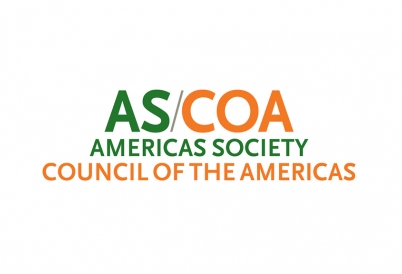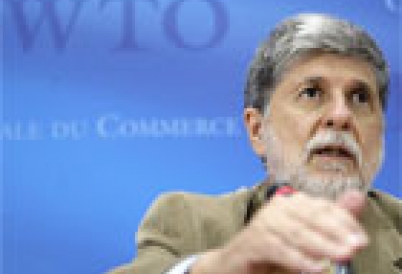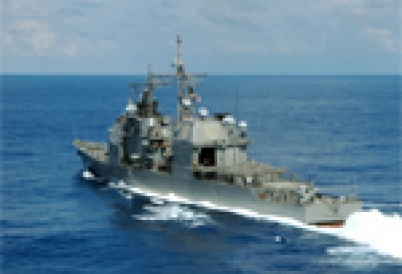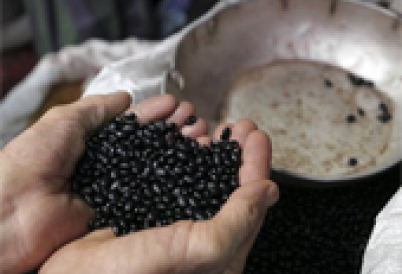En un artículo de opinión para El Diario, Christopher Sabatini explica por qué América Latina se mantiene en un nivel secundario en los radares de política exterior de los Estados Unidos en este año electoral. También analiza los puntos de vista de los presuntos candidatos presidenciales en torno al comercio regional, Cuba, y la reforma migratoria.
WTO trade talks froze in Geneva, where booming Brazil played a central role, further strengthening its position as global player and setting the stage for a battle over U.S. ethanol tariffs. As Doha flounders, countries such as Chile and Peru step up bilateral agreements to boost international trade ties.
As the U.S. Navy reactivated its Fourth Fleet to manage operations in Latin American waters last week, U.S. officials responded to concerns from regional leaders about the fleet’s purpose.
Labor rights have failed to keep up with the free flow of goods and capital. Here's a proposal to protect workers' rights and meet the demands of the U.S. labor market and the global economy. Read the full article in the Summer 2008 issue of Americas Quarterly.
With tensions running high between some Andean countries, AS/COA convened a roundtable on economic, political, and security issues affecting the region. The discussion included a keynote speech by Ecuador's Minister of the Government and Police Fernando Bustamante.
World leaders convene in Rome to discuss worldwide security. Latin American countries face challenges associated with rising food prices and seek measures to stave off a food crisis. An AS/COA update examines regional food production and supply issues.
FedEx Express' Juan Cento warns that the while Latin America has experience its highest economic growth rates since the late 1970s, poor transportation infrastructure and regulatory barriers "undermine the region's competitive strengths." He suggests the development of public and private sector partnerships to boost regional infrastructure.










